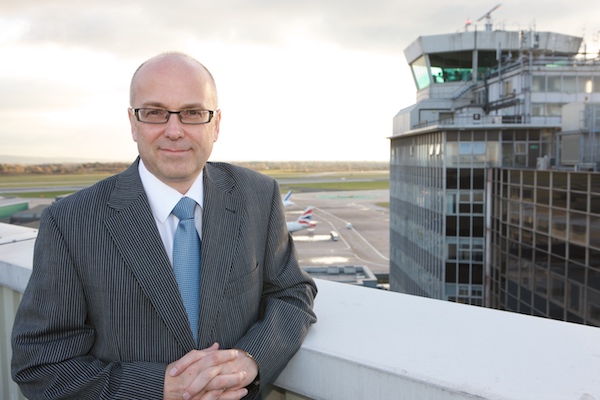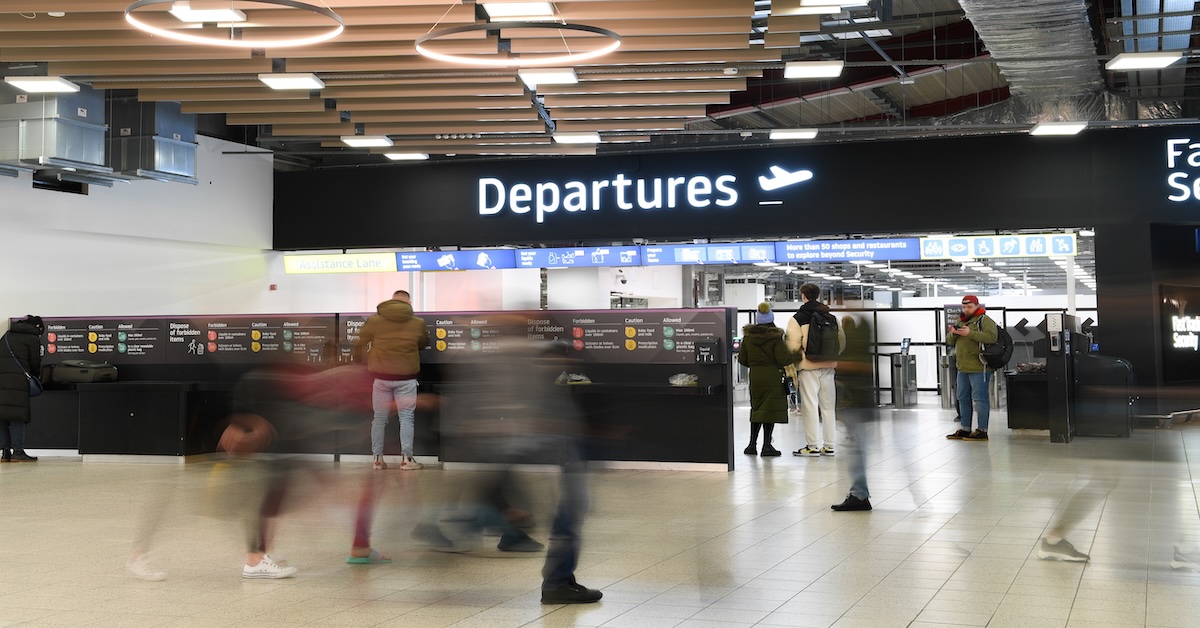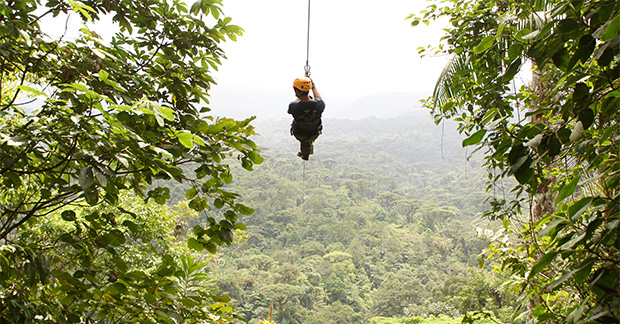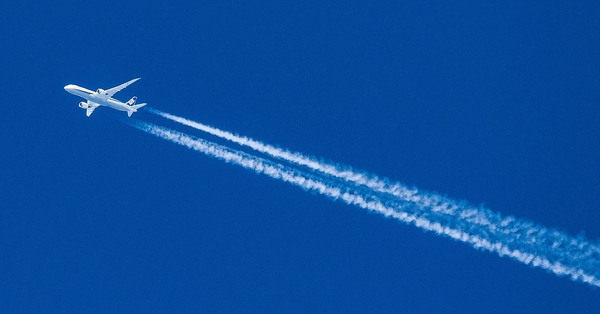You are viewing 1 of your 2 free articles
Manchester airport owner ‘working hard’ to avoid large scale cancellations
Manchester Airports Group reported an overall loss for 2021-22 of £320 million as annual passenger numbers remained “significantly lower” than before the pandemic,.
The airport group’s combined losses for the last two years stand at £694 million, with revenues down by 80% in 2020-21 and 48% in 2021-22 compared to pre-pandemic 2018-19.
Passenger volumes of 20.5 million were only equivalent to 33% of 2019-20 levels in the year to March in the face of 11 months of Covid travel restrictions.
The owner of Manchester airport, Stansted and East Midlands expects summer passenger volumes to increase to levels close to those seen in 2019, leading to a fuller recovery over the course of 2022-23.
MAG saw passenger numbers increase significantly in the final quarter of its financial year, from 37% of pre-pandemic levels in January to 70% by March, and 82% by May, with the group’s recovery outstripping that of others in the UK.
“The scale and pace of this recovery has presented significant challenges to airports and airlines throughout the country, with operators across the sector facing staff shortages, and lengthy recruitment processes making it difficult to keep up with the demand for travel,” the company conceded.
“MAG has been working hard for several months to bring its operations back to full strength as passenger levels return to those seen before Covid-19.
“Since January, more than 1,500 new colleagues have taken up roles across all three airports, alongside hundreds of new staff at airlines, ground handlers and retailers operating at the group’s airports.
“As new recruits have joined MAG’s airports, waiting times at security have improved. For example, at Manchester Airport more than 92% of passengers in June waited less than 30 minutes to pass through security.
“MAG continues to work closely and constructively with its airlines to help them deliver the schedules they intend to operate, working hard to avoid large scale cancellations.”
Chief executive Charlie Cornish said: “With travel restrictions in place for nearly all of the last 12 months, it was another uncertain and unpredictable year for MAG and the wider aviation industry.
“After tentative steps towards recovery last autumn, the emergence of the Omicron variant once again resulted in major barriers for people looking to travel internationally.
“MAG played an industry-leading role in highlighting the ineffectiveness of international travel testing, which helped pave the way for the removal of travel restrictions in spring this year.
“Free of those restrictions, we were confident that airlines and passengers would return quickly to our airports.”
But in the face of long passenger queues seen at Manchester airport, he admitted: “The pace of that recovery has brought its own challenges, and recruitment has taken longer and been more difficult than we anticipated.
“We’ve now recruited more than 1,500 new staff across MAG since January so that we can give passengers the best possible experience this summer.
“I am pleased with the number of new colleagues who have chosen to join our airports since January, and I am sure they will all play an important role in our recovery over the coming months and years.
“With passenger levels across MAG growing quickly back towards what they were before the pandemic, I am confident in the strength of our business and the contribution our airports will once again make for their regions and the whole UK economy.”
The partial easing of testing requirements for fully vaccinated travellers last autumn saw MAG’s passenger numbers reach 58% of pre-pandemic levels in November 2021, in what the industry hoped was the beginning of a sustained recovery.
However, the emergence of Omicron led to the reintroduction of extensive and costly testing requirements for all passengers, which caused MAG’s initial recovery to fall back by around 30% month-on-month in December.
The government finally removed the remaining restrictions on international travel in early spring, following independent research that MAG commissioned which demonstrated the ineffectiveness of travel testing in limiting the spread of new variants.


















